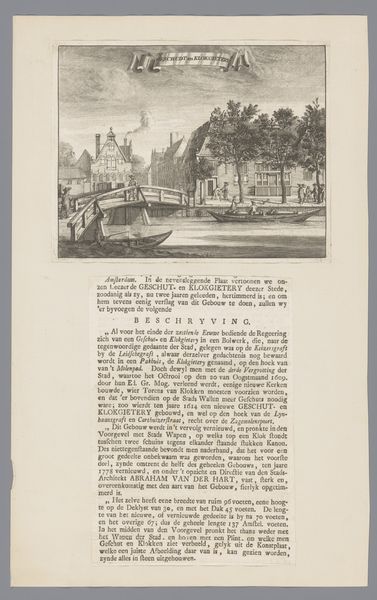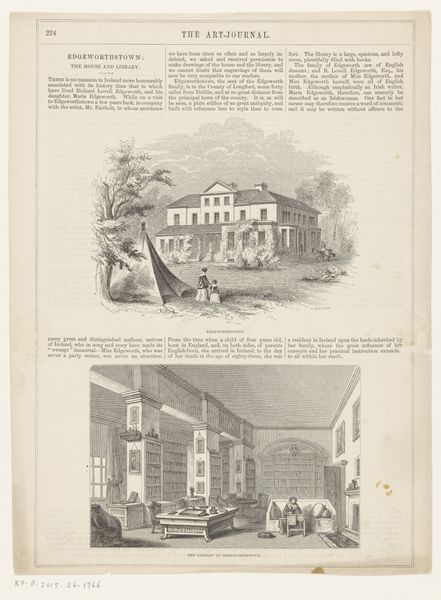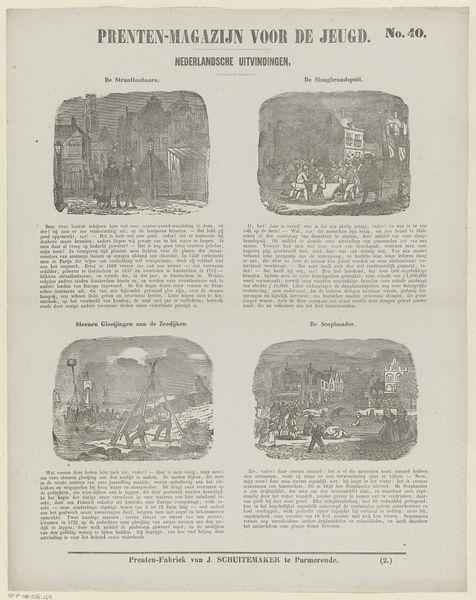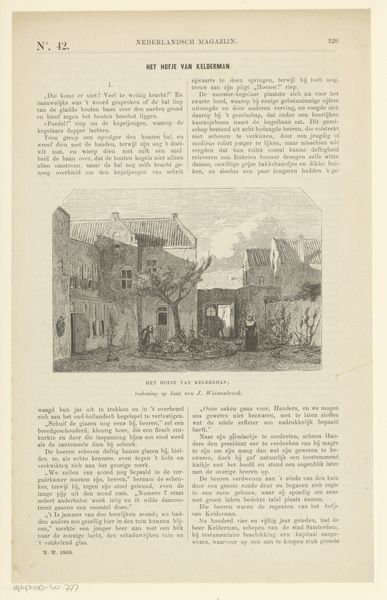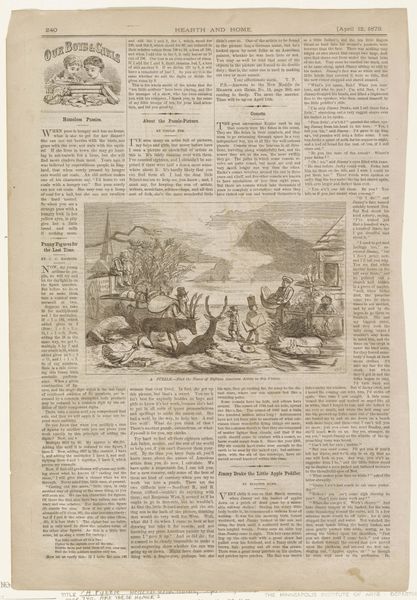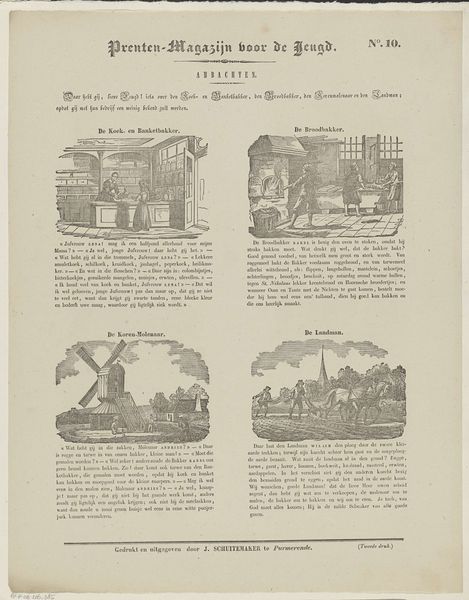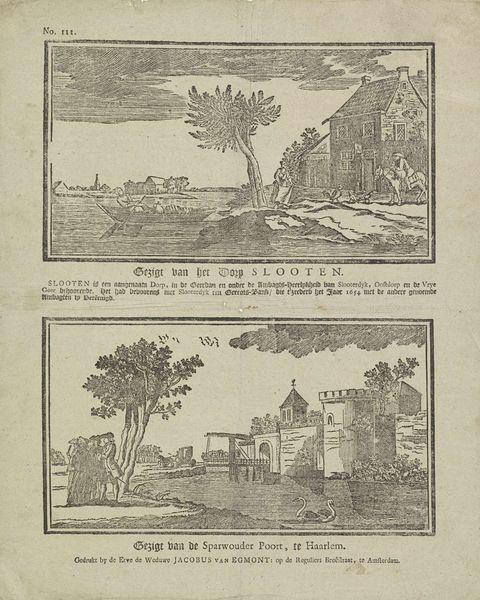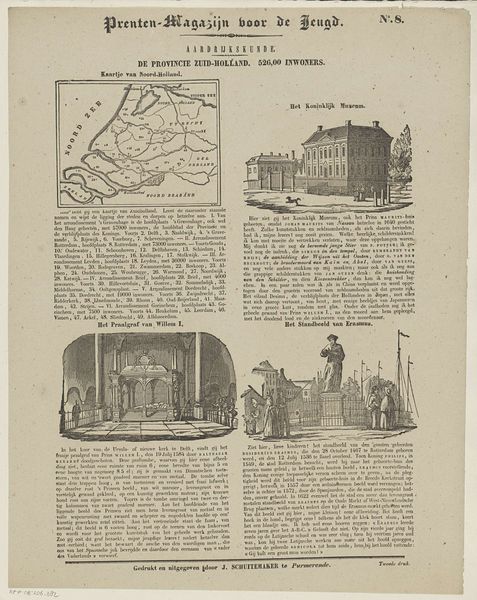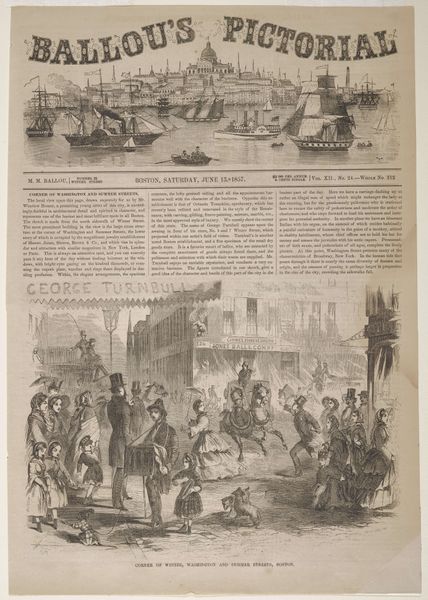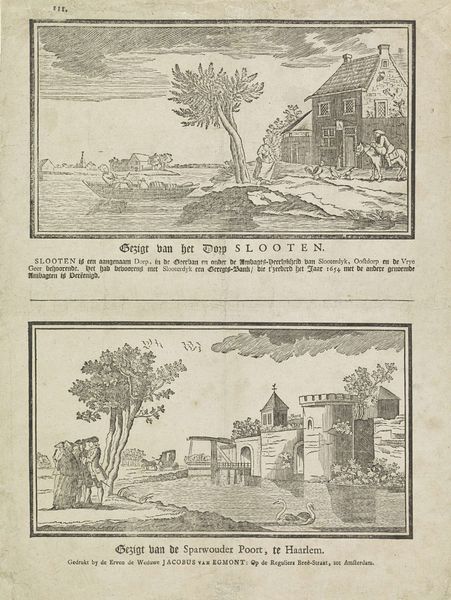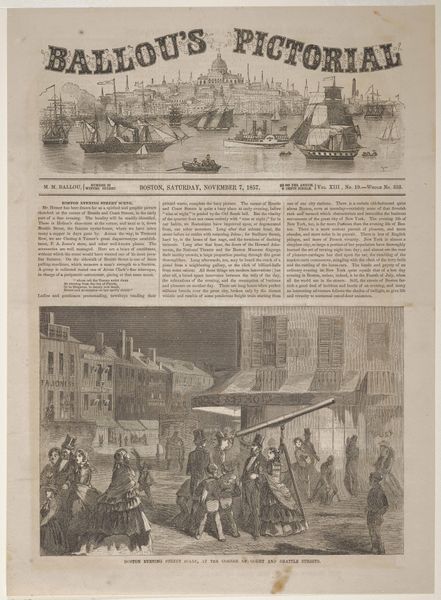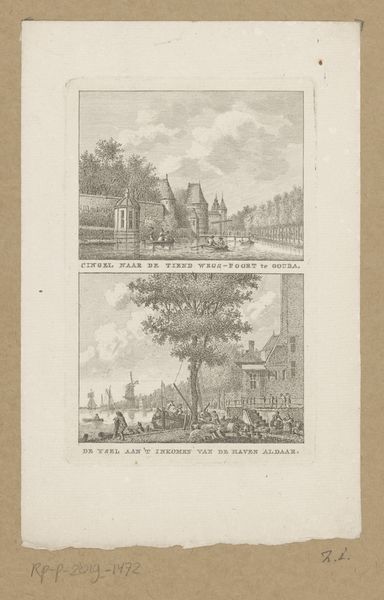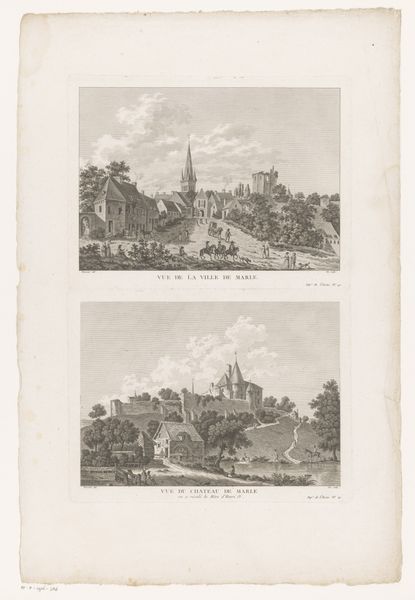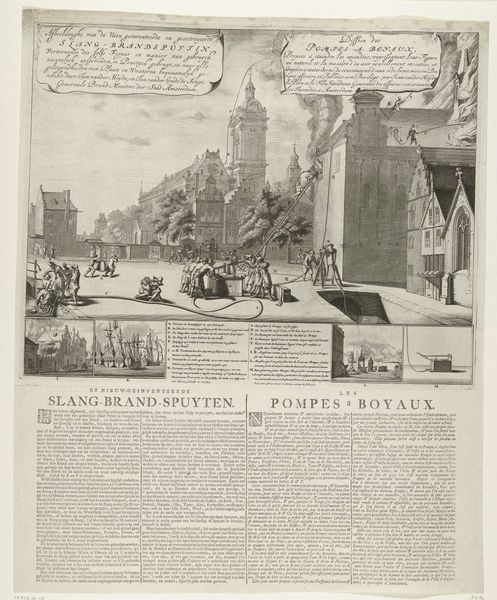
print, woodcut, wood-engraving
# print
#
landscape
#
etching
#
woodcut
#
united-states
#
cityscape
#
wood-engraving
Dimensions: 4 3/4 x 9 5/16 in. (12.1 x 23.7 cm)
Copyright: Public Domain
Curator: This wood-engraving from 1859 by Winslow Homer is titled "The New Town of Belmont," offering a view of Belmont, Massachusetts, as it was emerging. Editor: It's a fascinating depiction of early development, and it's interesting that the material is the wood, an essential part of the process. I am immediately struck by its pastoral feel—almost idyllic—contrasting with the evidence of industrialization visible in the distance with that smoke stack on the left. Curator: Absolutely. Looking at this piece, it's essential to consider Homer's broader body of work, particularly his evolving perspectives on American society. How does he navigate these transitions? There’s something deeply embedded about identity and place here, given that era. Editor: We often associate Homer with coastal scenes and depictions of rural life, right? Yet here, we see something much more grounded. He seems focused on recording a particular moment of transition— the way material transformations and societal change intertwined during the mid-19th century. Look at that foreground. A figure, seemingly unconcerned by construction, is seated peacefully. What is this figure doing there? Curator: Precisely, it’s such a potent placement! The individual’s relation to land, property, and development shifts, revealing complicated gendered or classed notions of participation. Consider who benefited from this 'progress'. The very phrase 'New Town' suggests possibilities, yes, but it elides underlying socio-political considerations for indigenous inhabitants, those displaced in a society becoming even more rapidly capitalistic, or those otherwise dispossessed during industrial expansions and conflicts regarding who holds influence over the land. Editor: That’s astute; it gets at something very significant. By emphasizing the material transformations and its relationship with that figure, Homer inadvertently underscores both its promises and its inherent discontents. It serves as a potent marker, suggesting those left in this process. Curator: Agreed. Investigating "The New Town of Belmont" reminds us that the past is constantly influencing and influencing the very material processes happening, especially in constructions and land, but in thought. And this complicates any nostalgic impulse for understanding 'Americanness' by pointing us toward broader stories of power, struggle, and change. Editor: Reflecting upon our talk has highlighted the value in revisiting the piece, as Homer has a knack for imbuing social observations with accessible yet profoundly unsettling scenes in a given place.
Comments
No comments
Be the first to comment and join the conversation on the ultimate creative platform.
